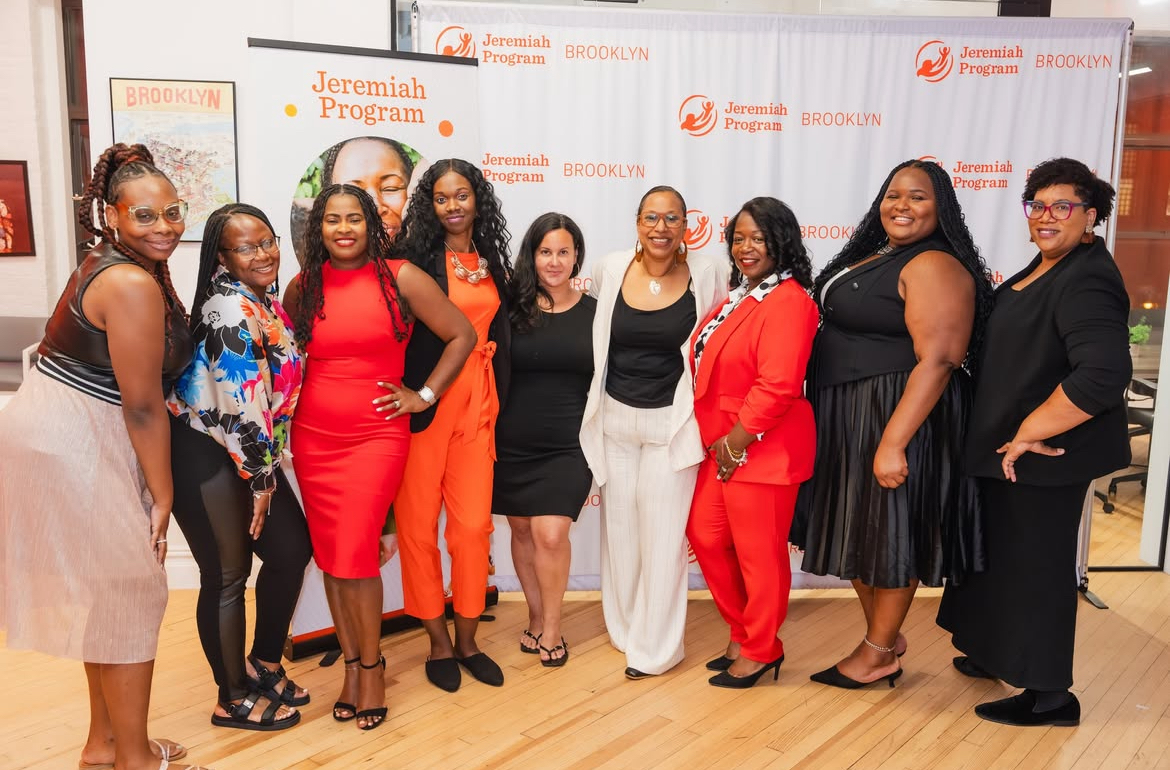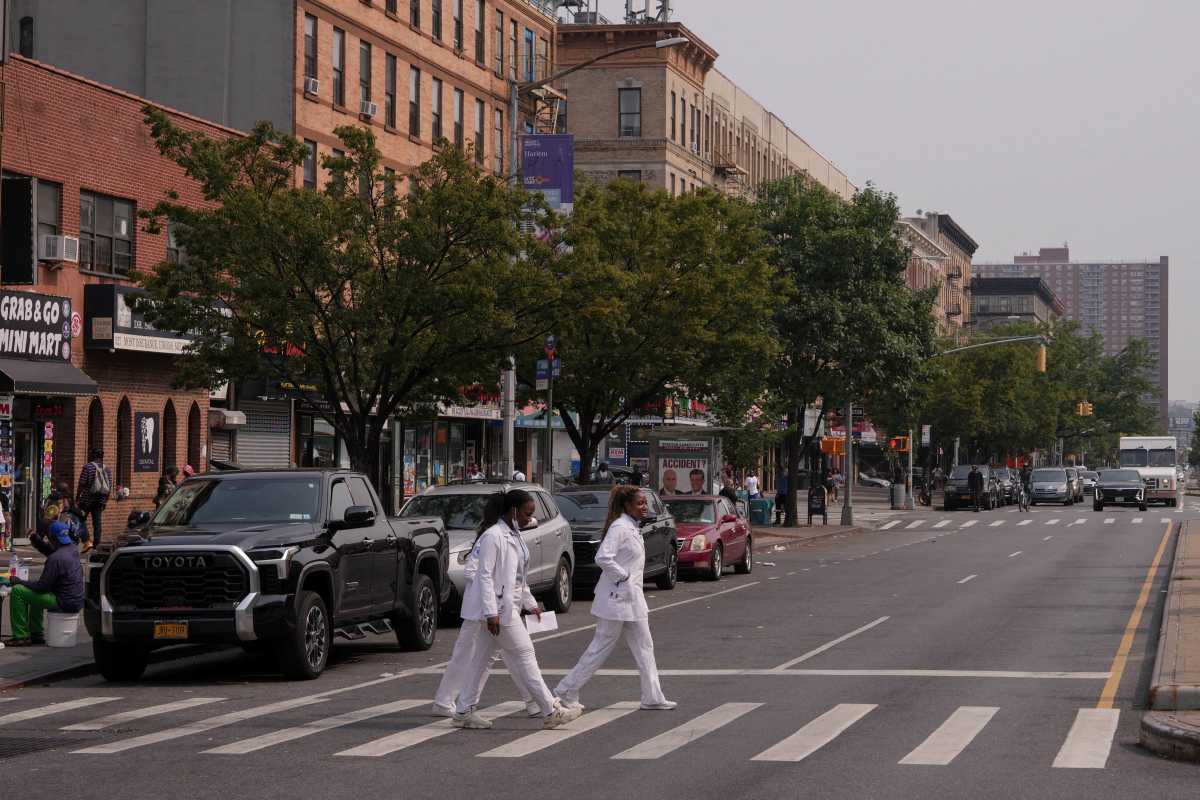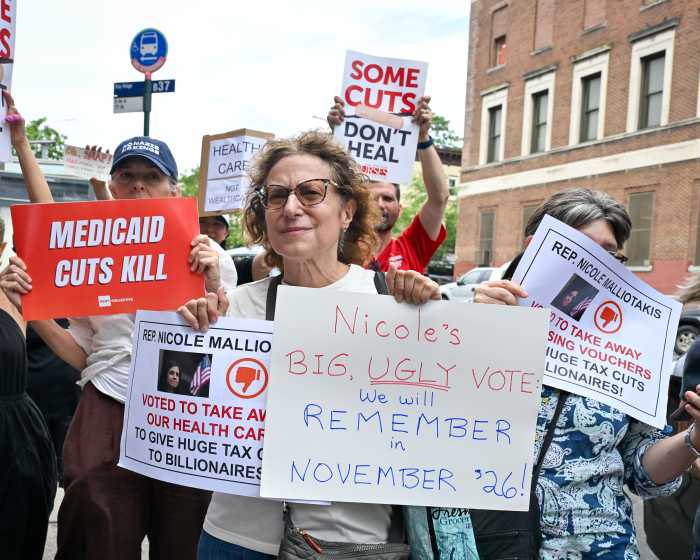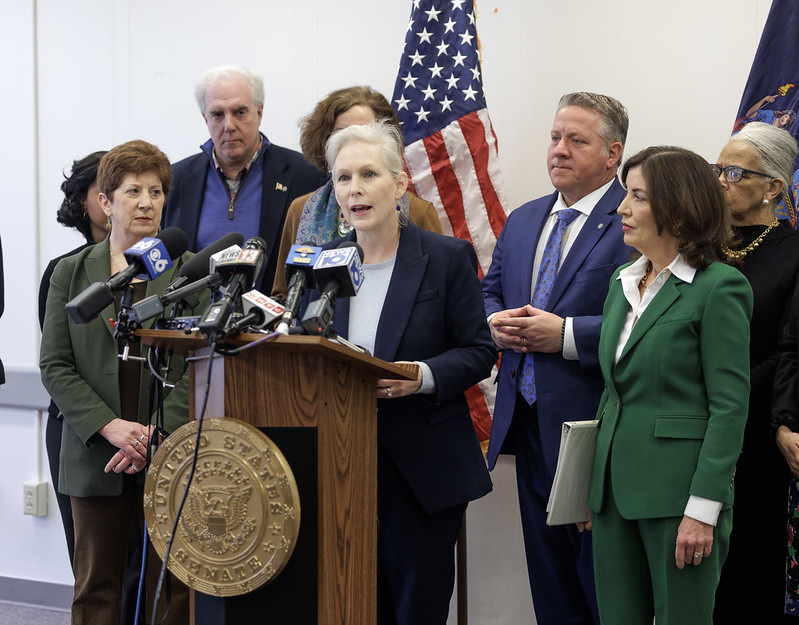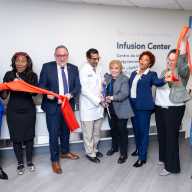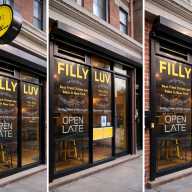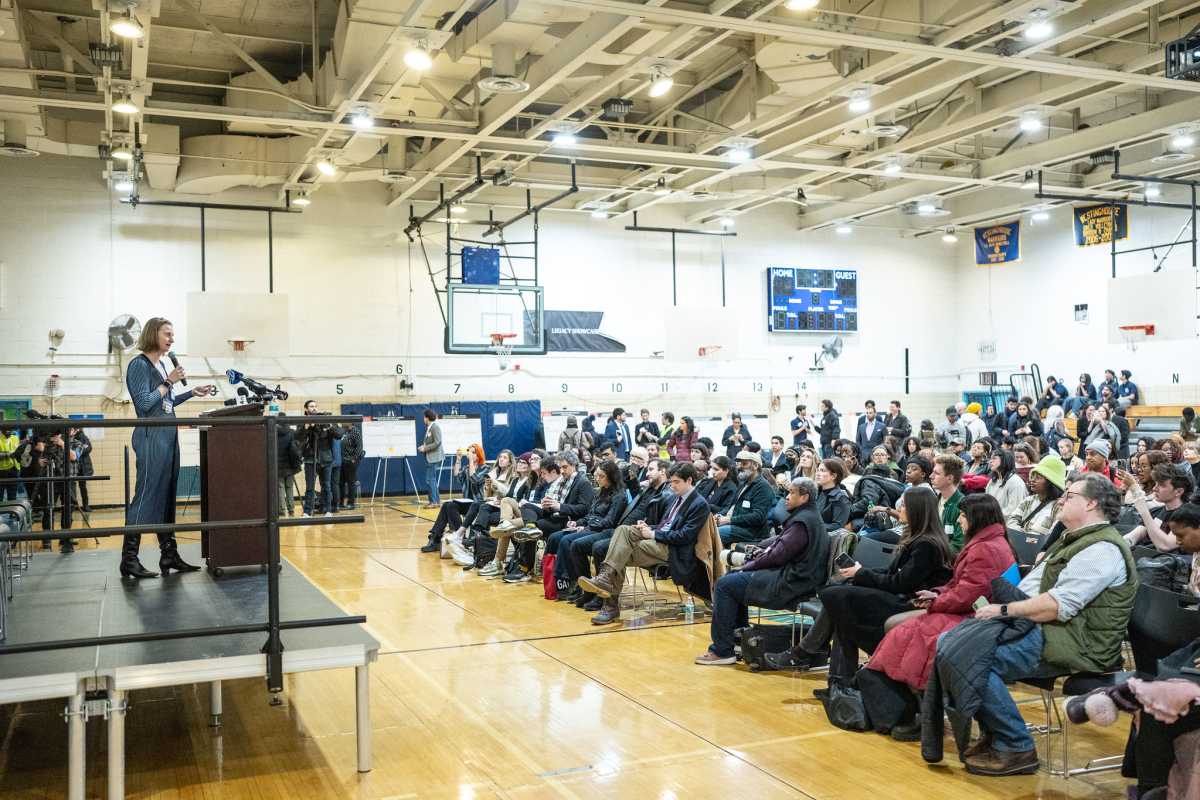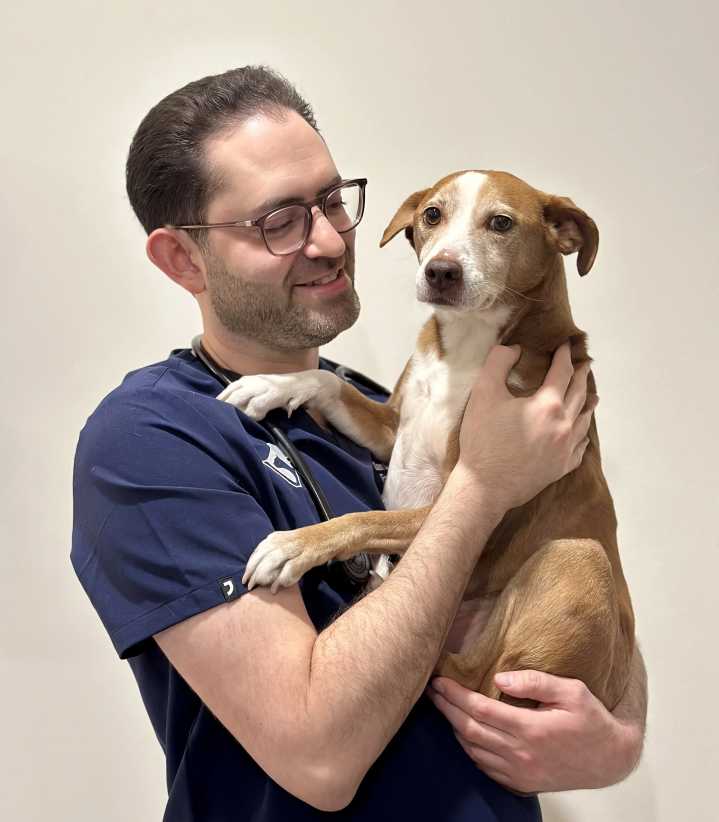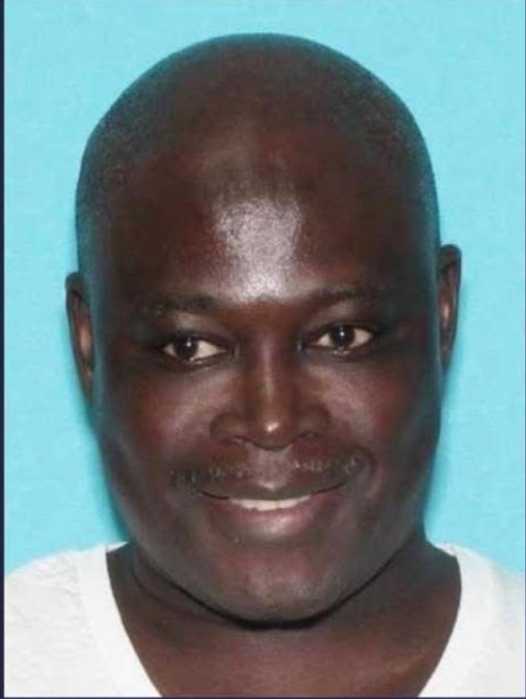In Brooklyn, where rising housing, food, and childcare costs stretch families to the limit, a program is working to break the cycle of poverty by supporting two generations at once: single mothers and their children.
The Jeremiah Program was founded in 1993 by Michael J. O’Connell, who supported an initiative in Minneapolis that helped mothers experiencing poverty attend college. The program’s first campus opened in 1998 and has since expanded across the country.
The Brooklyn site opened in 2017 with a clear mission: help student mothers complete their college degrees while ensuring their children have the care and resources they need. The model is rooted in the belief that “no mother should have to choose between investing in herself and her children.”
Every day, staff at Jeremiah Program Brooklyn walk alongside women balancing coursework, parenting and the systemic barriers that make higher education nearly impossible for those living on the margins.
“There are some at the brink of crisis,” said Tiana Stowers Pearson, executive director of the Brooklyn site. “We have a lot of changes that are going on federally that are impacting the daily lives of our moms and students.”
Stowers Pearson pointed to proposed cuts to Medicaid, student aid, and childcare that could leave millions without coverage or benefits. It’s estimated that two million New Yorkers could lose current insurance coverage, with 1.5 million becoming uninsured.
For many families, Medicaid is a lifeline. Losing it can mean skipped doctor’s visits, untreated health conditions, and new financial stress — all while trying to stay in school. At Jeremiah Brooklyn, staff see firsthand how these policy shifts affect daily life.
“It’s really just helping these moms identify where they feel they’re going to be most impacted by these most recent changes and how they can create barriers or challenges to them pursuing their degrees, because that’s what we’re here for,” Stowers Pearson told Brooklyn Paper.
One graduate, for example, finished her degree but cannot accept full-time work in her field without losing her housing subsidy. “She will make too much money to qualify,” Stowers Pearson said. “And she can’t afford to lose that.” Instead, the mother has turned to gig work and entrepreneurship, piecing together income to remain eligible for benefits.
It shows how policy decisions can trap families in cycles of poverty even after academic success. Jeremiah Program staff work with mothers in these situations to problem-solve, leaning on community partnerships to find alternatives.
“These moms are the architects of their lives. They build the blueprints,” Stowers Pearson said. “And they help us identify what these challenges are, then we go out and we try and find solutions.”
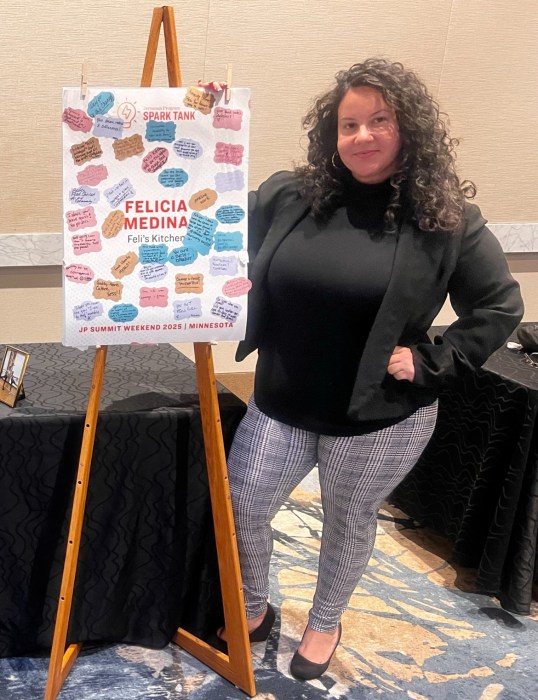
Nationally, more than four million college students are also parents, most of them women of color. But higher education systems rarely acknowledge them, let alone support them.
“We still serve the traditional student,” Stowers Pearson said. “There is no investment in these student parents.” She knows this personally. She became a mother at 17 and was often “forced to choose between school and furthering my education.”
She participated in a similar program in Washington state, where she simultaneously completed high school and earned a paralegal degree.
She said the lack of recognition shows up in rigid attendance policies, inflexible class schedules, and childcare options that don’t align with weekend or evening classes. The Jeremiah Program’s work underscores what many student mothers already know: the system isn’t built for them.
Felicia Medina is one of those students. In 2019, she found herself at a crossroads and decided the only way to move forward was to continue her education. She came across the Jeremiah Program and applied.
“Above all else, the program has given me community,” Medina told Brooklyn Paper. “Being a single mom can feel really alienating at times, but I’ve met other women who are in similar situations, and it just gives a great feel for community.”
Her daughter, now eight, has grown up alongside the program. “She absolutely loves it. As a matter of fact, she just asked me when we’re going to another event,” Medina laughed.
The program also encouraged her to step outside her comfort zone. Last year, she entered Jeremiah’s Spark Tank, a pitch competition for mothers with business ideas. She said it was something “I would have never done without the support of my JP family.”
Medina now works as a family counselor and hopes to give back by working for the program or one like it in the future.
The Jeremiah Program measures its success by both immediate and long-term impacts, including mothers’ GPAs and graduation rates, children’s test scores, and family stability.
A signature initiative is the 529 savings program, which contributes to participants’ college savings accounts for their children. It’s a way of signaling that ending poverty is not only about the present but also preparing for the future.
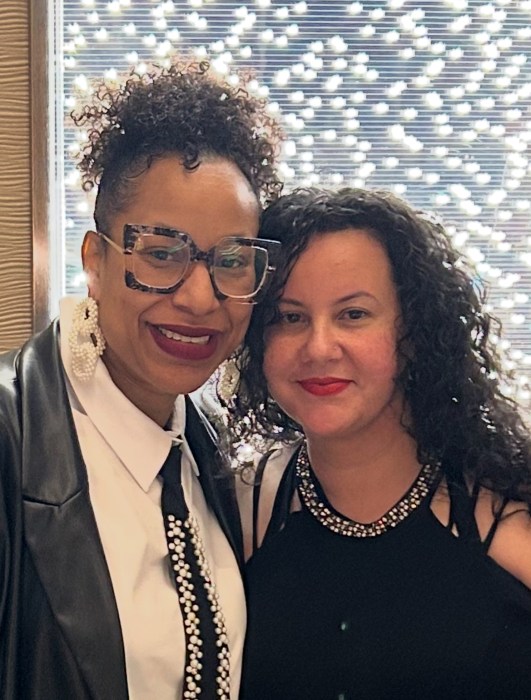
Energy and resilience continue to shape the program’s Brooklyn site.
“What’s unique about Brooklyn is its grit,” Stowers Pearson said. “We know that moms can’t survive through grit alone. That’s why we’re saying there needs to be these systemic changes.”
“But in Brooklyn,” she continued, “there’s a social justice element, where they realize that poverty isn’t an individual issue, it’s a systemic issue.”
That perspective fuels collaboration among community groups like Robin Hood, Brooklyn Org, and the New York Women’s Foundation. Together, they work to build a stronger support network for families aiming to thrive, not just survive.
“It’s so exceptionally strong in Brooklyn,” Stowers Pearson said. “There are so many Brooklyn organizations like ourselves that we’re coming together and figuring out how we can make a collective and collaborative impact.”



